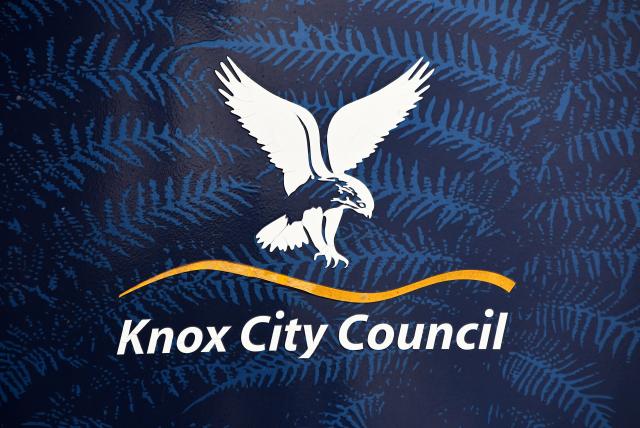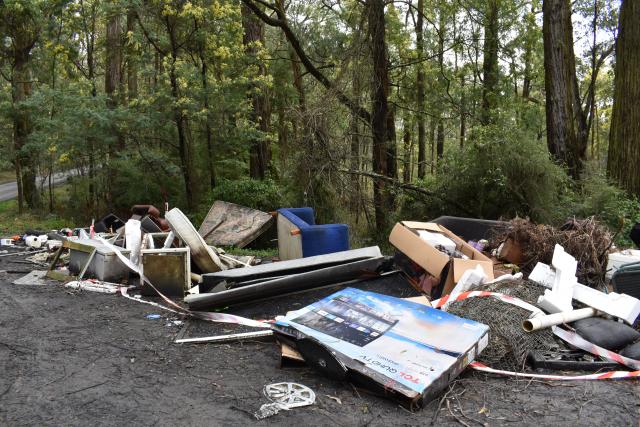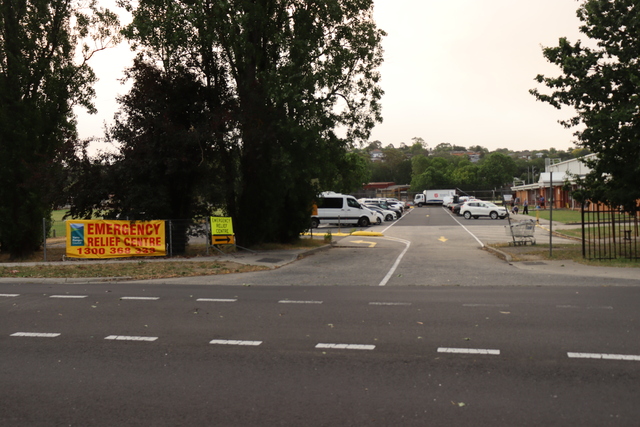Knox City Council have announced an upcoming training program that will provide practical skills to call out harmful behaviours that can lead to poor mental health.
Discrimination and stigma are unfortunately closely linked with mental health, as many people who experience mental health challenges also feel isolated and restricted in how and where they can speak about their experiences.
Recent discussions with our community, including with young people, those identifying as LGBTQIA+, older residents and people from diverse cultural and linguistic backgrounds, has emphasised the difficulties in navigating conversations around mental health.
One older Knox resident said it is still seen as a condition which an individual can ‘get over’ or ‘get on with’ if they only applied a bit more effort or will,” said one older resident.
“I’m still hearing very strongly that people think mental health issues are being used as an ‘excuse’ for socially unacceptable behavior which continues to make it hard for people to open up to others to share their situation,” they said.
For people of diverse identities and backgrounds, this experience is compounded when they experience discrimination based on their race, gender, sexuality, age or other factors.
The added feelings of isolation and being unwelcome can increase the likelihood of experiencing poor mental health.
As Beyond Blue reports, discrimination can take the form of “obvious acts of prejudice and discrimination” such as refusing employment to someone based on their identify, or “more subtle, but no less harmful, discrimination that reinforces negative stereotypes and feelings of difference” such as “use of the word ‘gay’ as a derogatory term.”
While this second example is more pervasive, there are simple and practical things we can all do to call out this behaviour and be an ally by promoting inclusion and celebrating diversity.
Intersectional Bystander Training provides practical advice and skills to help people call out and interrupt incidents of discrimination in the moment. This might include sexual harassment, sexism, homophobia, racism or ageism.
It aims to help increase people’s confidence in recognising discrimination and to equip them with the skills to intervene in a safe and effective manner.
Previous participants have described it as “brilliant,” delivered in an “informal and conversational” way that “improved my confidence” in using these new skills.
The next bystander training will take place online on November 15.
Visit the Knox City Council website for more information or to register.







